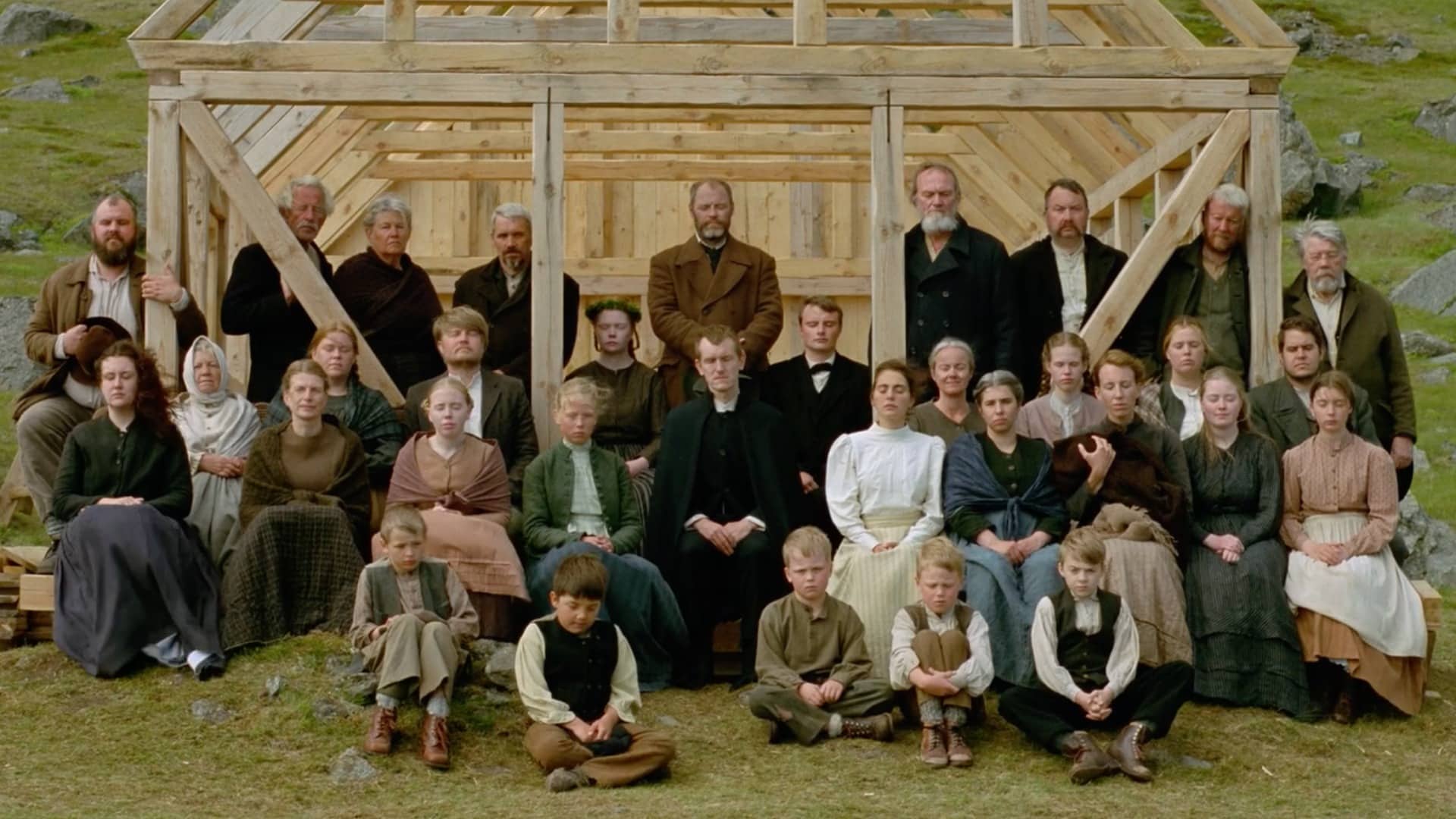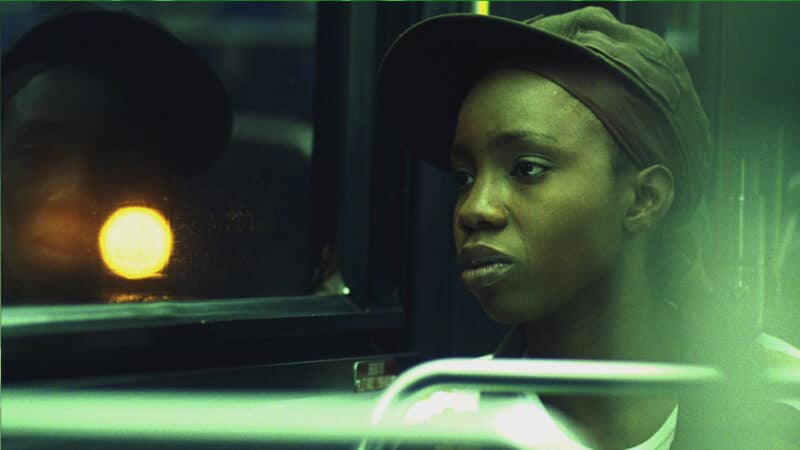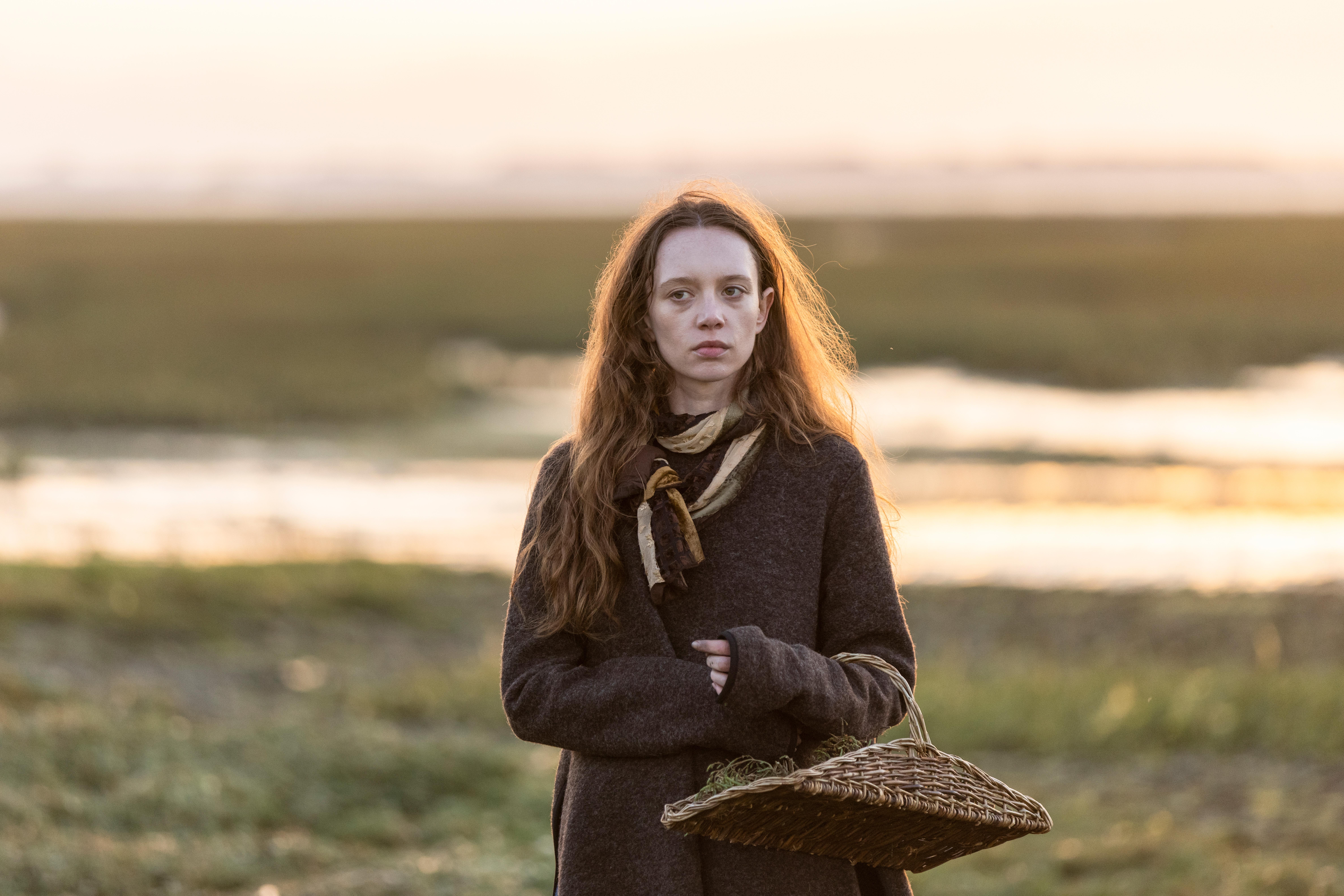Curzon
We have all seen our most irritating friends Instagram posts; pruning in the blue lagoon, drenched in earth spit from geysers, drinking odd concoctions in Reykjavik’s bars. But Iceland’s history has always been tempered by depopulation, hardship, and natural ferocity. It wasn’t always a snowy playground for Europeans on a bucket list trip.
This untameable nature Hlynur Pálmason’s Godland captures perfectly. 8 wins across the world’s film festivals and 25 nominations (so far) speak for themselves. So maybe I don’t have to? My editor might not be too pleased with that so I will “speak” on.
At the tail end of the 19th century Lucas (played by Elliott Crosset Hove), a photography-obsessed Danish priest, is engulfed by Iceland’s wild landscape and mercurial locals. The first part of the film is a jaw-dropping journey epic across the barren tundra, ever with a Morder-like glow on the horizon where a volcano is bubbling away. Maria von Hausswolff’s cinematography proffers a landscape most alien to our bewildered Dane (Lucas). Treeless, almost lifeless, hard, and yet heartbreakingly beautiful. He struggles with horse-riding, rising rivers, and perhaps a touch predictably….himself.
Alex Zhang Hungtai’s score gives space for the sounds of the gruelling trek. The crunch of horse’s hooves or the swell of angry water, carefully underscored, and given space for reality. The repeated 4 or 5 woodwind notes ring out like the calls of some imp-like seabird throughout. The out-of-tune singing, gravelly folk songs mainly, might put some audience member’s teeth on edge but this motif is indicative of the age. The deadened singular village piano, or the macabre nursery rhymes of the children as they pick mussels, are all part of the spectral quality of the film.
Without his translator, Lucas arrives in his new home and sets about building the church and deconstructing almost everything else. Crosset Hove crafts a fall from grace (quietly literally in this case) of such majesty not just in voice or movement but in visage as well. His eyes protrude from his sockets (due to lack of sleep caused by the 24 sunshine), an amazing feat for an actor to achieve. He flounders, not understanding his new flock, wilfully sticking to rapidly dissolving ideas of morality and duty.
Ingvar Sigurdsson as Ragnar, a local guide proves the most obvious rock from which Lucas beats himself against. His performance is utterly a man from another time (the end of the 1800s) deep, conflicting, monosyllabic, and terse. Yet with wells of emotion that overflows like the Lava across the frozen planes.
The heart of the film is the mesmerizing effect Iceland has on outsiders. This complex history of the initially inhabited island’s patchy settlement by Scandinavians and the cultural stratification that followed. The conflict between the (former) Danish overlords and the Icelandic natives is explained wonderfully by Anna (played with quiet grace by Vic Carmen Sonne). When Lucas mentions that the land is “terribly beautiful” she replies with “it is terrible and beautiful”. The idea that nature can be both pleasing and deadly and that mainlanders will never understand is an interesting one.
The narrative is sporadic. Juxtaposing moments of surreal staged portraits as Lucas tries his best to categorise the natives with his massive camera. This was the impetus of the film. An elongated ‘what if’ based on real photographs found in Iceland thought to be taken by a traveling Danish missionary. The gazing faces of the hardy and weather-beaten locals and flashes of a rotting horse carcass save the story from accusations of narrative torpidity. This bumpy pace can be the film’s only undoing however as a handful of scenes are extended beyond their shelf life.
Even the languages are set against each other as the fluid Icelandic sloshes against the more guttural Danish. Ída Mekkín Hlynsdóttir playing the bilingual Ida delivers a laminous performance for her age (or any age for that matter) jumping between the tongues to translate Ragnar’s questions to the limited Lucas. Think Lost in Translation but wet, isolated, rural and without Scarlet Johansson.
Like turning a piece of topaz around in the sunlight this film has facets that will flicker out at you weeks after you have watched it. Pálmason takes the themes of national identity, masculinity, culture, and religion and cuts them into stones of fluorescent complexity. There is much more to this cold little island than rancid shark meat and cheap KLM flights. Take a trip not only across the blue-green North Sea but back in time, and witness quite how “good” this land can be.
Don’t miss another astonishing film, click here!



